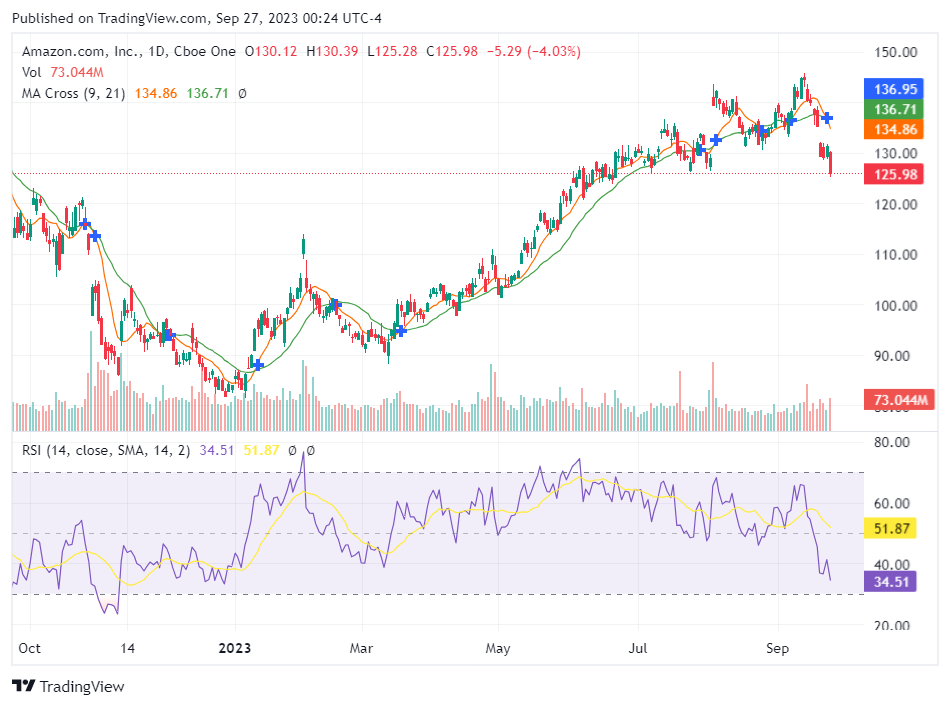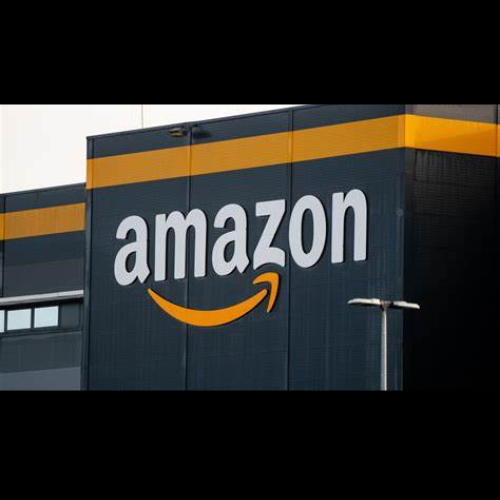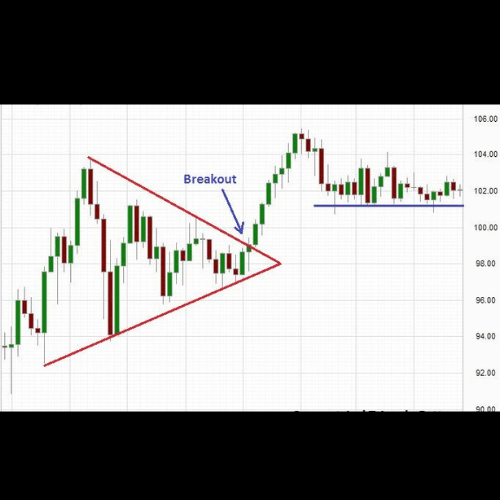United States regulators, alongside representatives from 17 states, have collectively initiated legal proceedings against the e-commerce titan, Amazon (NASDAQ: AMZN). The lawsuit, filed recently in Washington, accuses the company of exploiting its dominant market position to artificially inflate prices, overcharge sellers, and suppress burgeoning competition.
The comprehensive legal challenge emerges after a prolonged investigation into Amazon’s business practices and signifies one of the most consequential legal confrontations the company has encountered in its almost three-decade existence. The coalition of the Federal Trade Commission (FTC) and the involved states alleges Amazon of contravening both federal and state antitrust legislations. The plaintiffs are ardently seeking a permanent injunction aimed at preventing the company from continuing its alleged illicit conduct and diminishing its monopolistic stronghold to reinvigorate the competitive landscape.
Amazon is specifically accused of anti-competitive conduct by implementing measures that discourage sellers from listing their products at lower prices on platforms other than Amazon’s. This line of argument closely reflects the accusations in a separate lawsuit filed previously by the state of California.
Amazon’s Defense and Perspective
In response to these allegations, David Zapolsky, Amazon’s Senior Vice President of Global Public Policy & General Counsel, penned a detailed defense, articulating that the FTC’s current legal pursuit against Amazon diverges radically from its historical consumer protection and competition promotion mandate. Zapolsky argues that the lawsuit, if successful, could paradoxically harm consumers and the myriad of businesses operating on Amazon’s platform by necessitating higher prices and compromising the efficiency and reliability of Amazon’s Prime shipping service.
According to Zapolsky, the FTC’s lawsuit fundamentally misinterprets the nature of retail, as it wrongfully targets Amazon’s pricing strategies, Fulfillment by Amazon services, and the Amazon Prime membership program, labeling them as anti-competitive. He asserts that such allegations unveil the commission’s lack of understanding regarding the retail sector’s intricate dynamics.
Amazon’s Contribution to Competitive Pricing and Seller Success
Zapolsky goes on to highlight Amazon’s commitment to offering low prices and fostering a competitive environment that ultimately benefits both consumers and sellers. He underscores that Amazon provides a platform for third-party businesses to independently set their prices and offers them tools and resources to facilitate competitive pricing strategies, echoing practices found in other retail settings.
Amazon’s Senior Vice President points out that the FTC incorrectly assumes that the company’s practices of highlighting competitively priced offers and price-matching strategies with other retailers inherently lead to price elevation. He contends that curtailing these practices, as the FTC suggests, would ironically be detrimental to competition and consumers, creating a scenario contrary to antitrust law objectives.
Support to Independent Sellers and Innovation at Amazon
Furthermore, Zapolsky sheds light on Amazon’s extensive efforts to support approximately 500,000 independent US businesses that choose to sell on its platform. He narrates Amazon’s evolutionary journey from a traditional retail model to an inclusive platform that invites third-party sellers to offer their products alongside Amazon’s. This inclusive approach, he notes, has resulted in third-party sellers accounting for over 60% of sales on Amazon.
Detailing services like Fulfillment by Amazon (FBA) and optional advertising services provided to sellers, Zapolsky emphasizes that these offerings are not only competitively priced but also voluntary. Sellers are at liberty to opt for services that best align with their operational needs and objectives, fostering an environment of competition, better prices, and enhanced experiences for both sellers and consumers.
The Value of Amazon Prime
On the subject of Amazon Prime, Zapolsky stresses that the service has continually evolved to exceed customer expectations, citing its expansion beyond a mere shipping program to offer a multitude of benefits for members. He finds it perplexing that the FTC would perceive the value offered by Prime as anti-competitive, affirming that Amazon will staunchly resist any attempt to undermine the service.
A Vibrant Retail Industry
In conclusion, Zapolsky criticizes the FTC’s complaint for its distorted portrayal of the retail industry, ignoring the sector’s dynamism and diversity, and the intense competition that provides consumers with myriad purchasing options across physical stores, online platforms, and hybrid models. This vibrant marketplace not only ensures low margins for retailers but also offers sellers various avenues to market their products, guaranteeing consumers access to the best deals irrespective of their preferred shopping method.
Final Thoughts
As this legal drama unfolds, the spotlight intensifies on Amazon’s business practices, pricing strategies, and its relationship with third-party sellers. With the company staunchly defending its approach as pro-competition and pro-consumer, and regulators adamant about alleged antitrust violations, the ensuing legal battle promises to be a landmark case with potential ramifications for the e-commerce industry at large.
Amazon Daily Chart

Disclaimer: This article is intended for informational purposes only. It should not be considered financial or investment advice. We do not hold any form of equity in the securities mentioned in this article as of 09/27/2023. Always consult with a certified financial professional before making any financial decisions.








